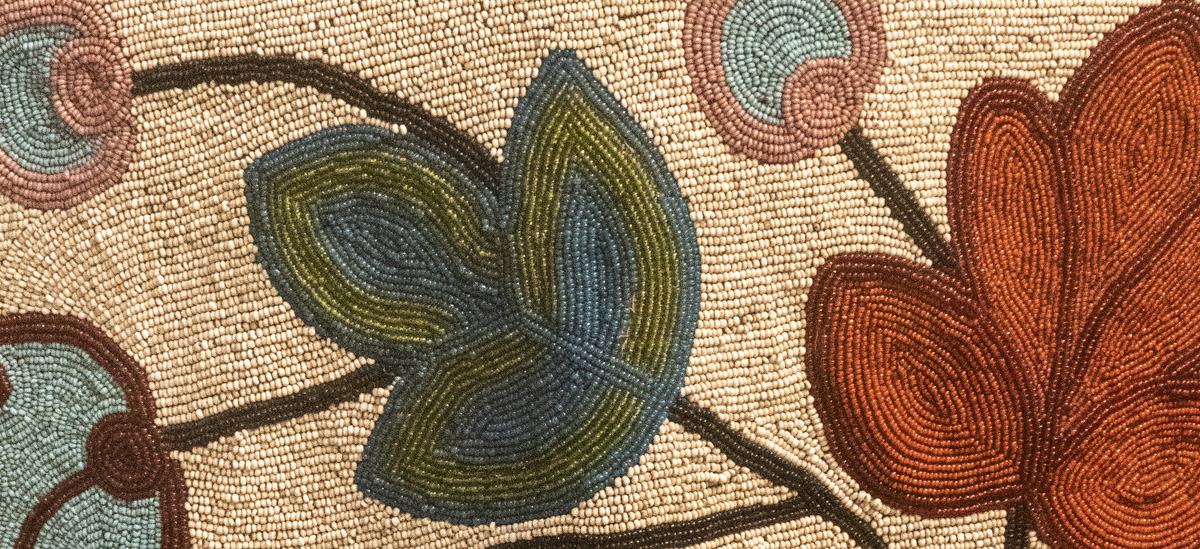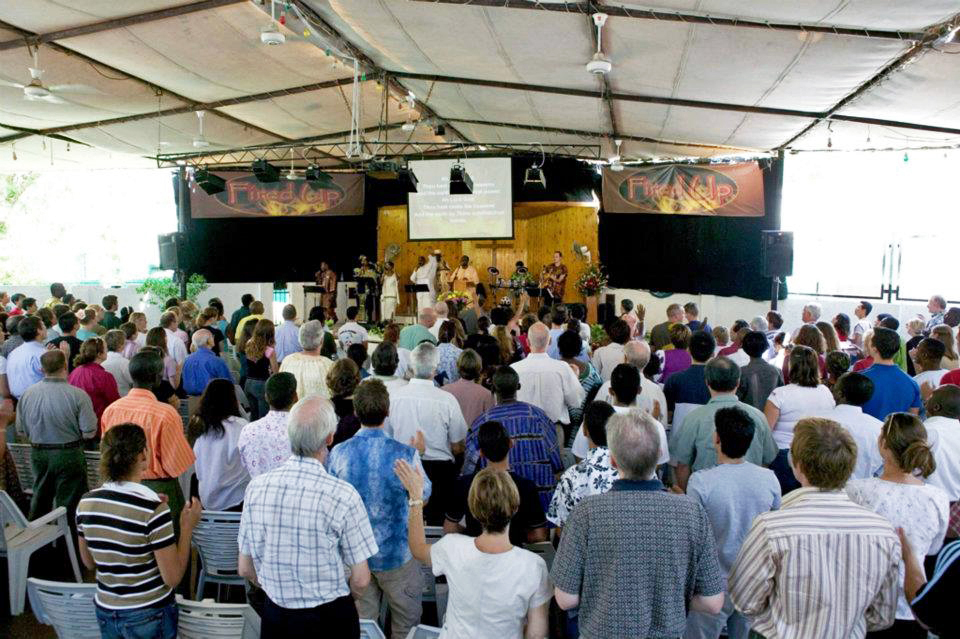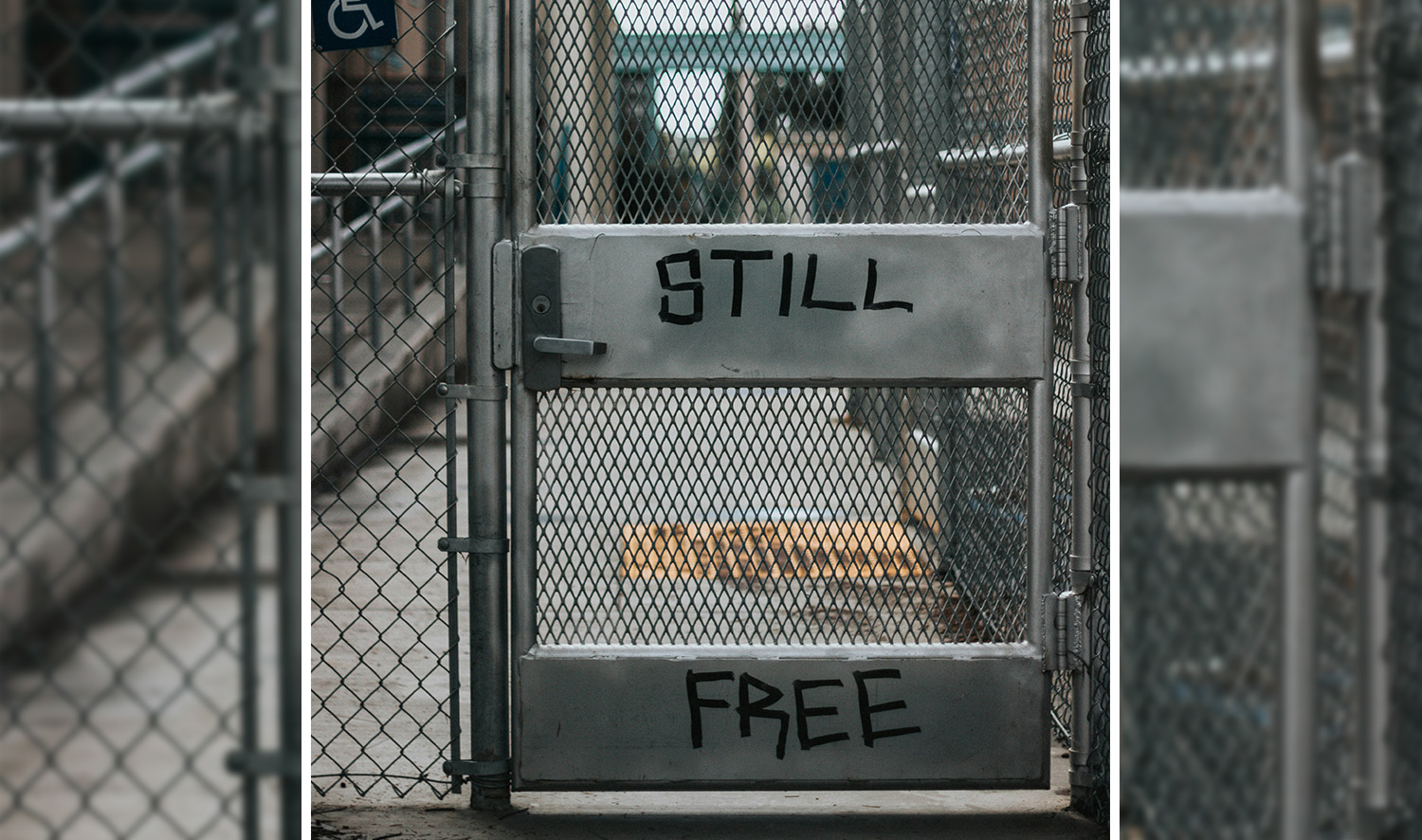I remember my mom telling my sister and me a scary bedtime story on a camping trip as a child. The story had suspense and mystery—it was captivating. It felt like the villain in the story, an addoosh (a Cree word for a person who has become a cannibal), was lurking in the shadows outside our little tent.
Stories are easy to remember. In Indigenous life, they are used to teach.
Luke is a storyteller. He tells the story of Jesus in a two-part series (Luke/Acts). The death and resurrection of Jesus are at the core of what Luke teaches in his narrative, and what happens in the Emmaus Road story accents the teaching.
On the Emmaus Road, Jesus—speaking to the two disciples—says, “Wasn’t it clearly predicted that the Messiah would suffer all these things before entering into his glory?” (Luke 24:26).
Two supernatural encounters bookend the Emmaus Road experience. The first is when the angels appear to the women who came to the tomb to put spices on the buried body of Jesus. The angels say, “He is not here, he is risen…remember how he told you…the Son of Man must be betrayed…[and] be crucified and on the third day be raised again” (24:6-7). The second is at the end of the Gospel when the resurrected Christ appears to his disciples. At that moment, Jesus highlights how the Scriptures declare that “…the Messiah would suffer and die and rise from the dead on the third day” (24:46). In both miraculous encounters, the statements describing Jesus’ death and resurrection are repeated.
Earlier in the Luke narrative, there is an intentional turning point in the story of Jesus. Jesus asks his disciples, “Who do the people say that I am?” They reply, some say, “John the Baptist, some say Elijah…” Then he asks, “Who do you say that I am?” Peter replies, “You are the Messiah sent from God” (9:18-20). After affirming Peter’s declaration, Jesus begins (the turning point) to talk about how he must die and be raised from the dead on the third day. The death of the Messiah was foreign to their understanding concerning the promised Messiah based on the prophetic writings. The reaction of the two disciples reveals this in the text when they say in dismay, “We had hoped he was the Messiah…” (Luke 24:21).
Many Indigenous people stumble regarding the hope that is in Jesus Christ. They associate Jesus with the physical, verbal, emotional, sexual, racial, and spiritual abuse and injustice they have endured through people who claimed to be Christians.
I’ve often been asked how I could be a follower of Jesus after all the atrocities that have been done to my people through the Church. Over the years, I’ve often pointed to how Jesus transformed my dad from a person who drank and beat his wife into a gentle, loving husband from the moment he received Christ into his life. This is what drew me to Jesus. My answer was true then, but today, though facing difficult challenges, discouragements, and disappointments, I would say I follow Jesus because he is the Son of God.
This is the essence of the death and resurrection story. Paul says, “He was declared to be the Son of God…by the resurrection from the dead” (Romans 1:4). If he is God, we must follow him (1 Kings 18:21).
The narrative of Luke ends with the followers of Jesus worshipping Jesus as he ascends out of their sight (Luke 24:53). Worshipping Jesus means committing your whole life to his purpose and glory. In Luke 9:23, Jesus says, “Whoever wants to be my disciple must deny themselves and take up their cross daily and follow me.” Anything short of a willingness to die for him would be inadequate.
By way of his death and resurrection, Jesus came to establish a kingdom of God’s righteousness on earth. Through the Emmaus Road story, I sense that Jesus is calling us to follow and serve him in this task. In Indigenous life, we seek to find healing and a better life for our children. How we process everything in life is crucial in this endeavour. We must be like Jesus, who gave his life to bring about a new creation. Jesus establishes his kingdom by giving his life even unto death (Hebrews 2:9-10). He calls his followers to do the same. Three imperatives in this are; 1) forgive your enemies, 2) be willing to suffer or die for your cause, and 3) trust the Holy Spirit to give you the strength to do it.
Share:
Find more posts about:
Howard Jolly
Support the mission
The Global Advance Fund (GAF) is a pooled fund that supports our workers in Canada and around the world to share the Gospel with people who haven't yet heard the name of Jesus. Your continued generosity equips and sustains our workers and their ministry.








